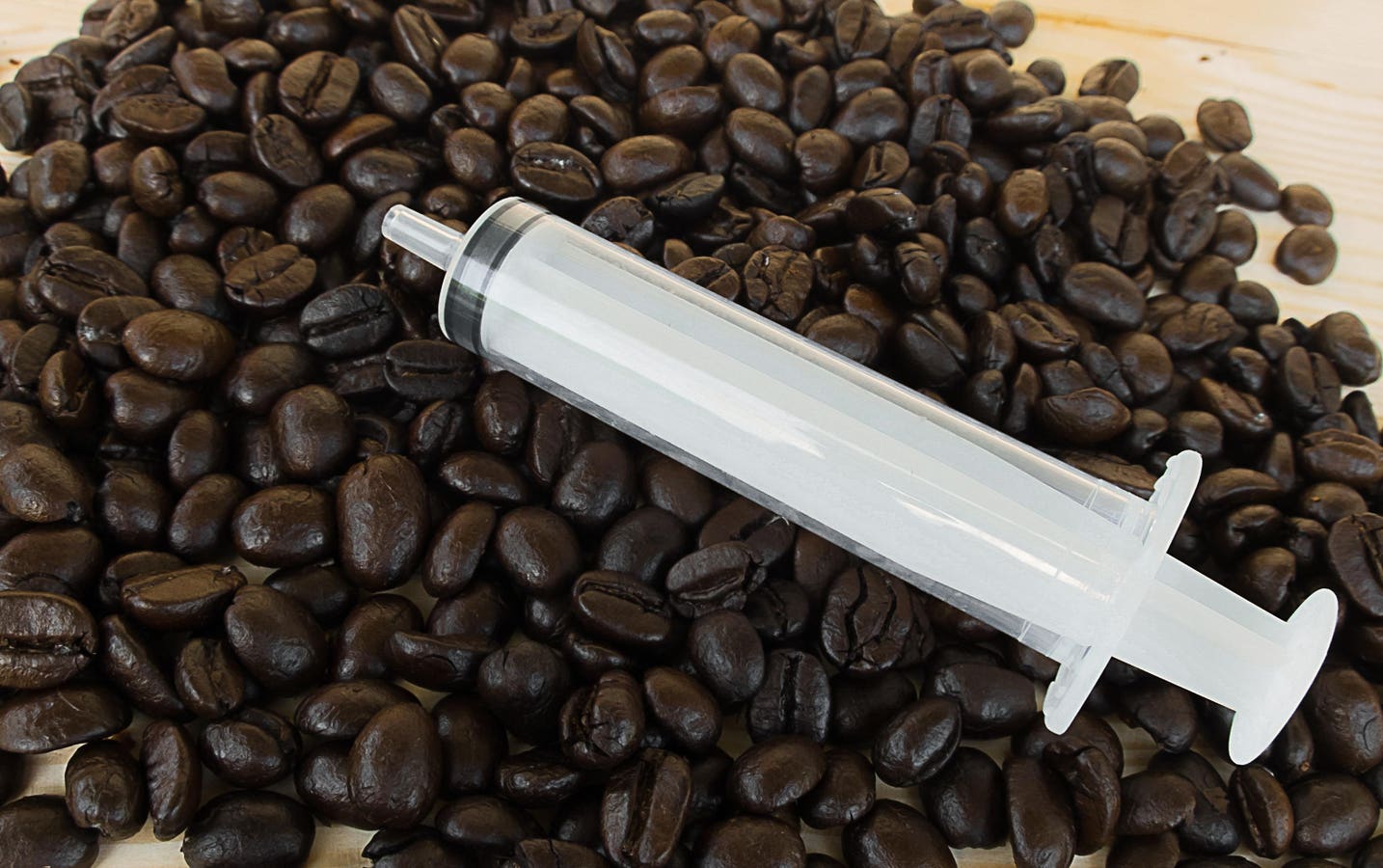Summary
Some wellness influencers have been pushing the use of coffee enemas on social media. But are their claims backed by scientific evidence? And what might be the risks?
Source: Forbes

AI News Q&A (Free Content)
Q1: What is a coffee enema and what are its purported benefits according to wellness influencers?
A1: A coffee enema involves the injection of coffee into the rectum and colon via the anus. Wellness influencers claim that it helps in detoxification, boosts energy, improves mood, and aids in the treatment of various ailments. However, there is no scientific evidence supporting these claims, and medical authorities consider the procedure potentially dangerous.
Q2: What are the historical origins of coffee enemas and how have they been viewed in medical literature?
A2: Coffee enemas have been used for at least 150 years. Historically, they were part of Gerson therapy, an alternative cancer treatment now discredited. Medical literature has largely dismissed coffee enemas as quackery, emphasizing the lack of scientific validation for their efficacy and highlighting potential health risks.
Q3: What are the potential health risks associated with coffee enemas as identified in recent scientific reviews?
A3: Recent scientific reviews highlight several potential health risks of coffee enemas, including infection, rectal burns, electrolyte imbalance, and colitis. The risks arise from the introduction of bacteria, improper temperature of the coffee, and the body's reaction to caffeine when absorbed rectally.
Q4: How have legal actions influenced the perception of wellness brands promoting unverified health treatments like coffee enemas?
A4: Wellness brands such as Goop have faced legal actions for promoting unverified health treatments. For instance, Goop was sued for false advertising, highlighting the broader issue of wellness brands making unfounded health claims. Such legal actions have raised public awareness about the potential dangers of following pseudoscientific wellness advice.
Q5: What scientific evidence exists regarding the effectiveness of self-administered coffee enemas for detoxification?
A5: There is limited scientific evidence supporting the effectiveness of self-administered coffee enemas for detoxification. A systematic review of case reports found scarce evidence of benefits, while underscoring the risks involved. The review suggests that more rigorous scientific studies are needed to validate any purported detoxification benefits.
Q6: What regulatory guidelines exist concerning the use of enemas for health purposes?
A6: Regulatory guidelines generally advise against the use of enemas, including coffee enemas, for health purposes without medical supervision. They are typically used in clinical settings for specific medical reasons, such as bowel cleansing before surgery, and are not recommended for routine detoxification or wellness purposes.
Q7: How has the trend of coffee enemas on social media impacted public health awareness?
A7: The trend of coffee enemas on social media has raised both interest and concern. While it has increased public awareness about alternative health practices, it has also prompted health authorities to issue warnings about the potential dangers. Social media's role in spreading unverified health trends has been criticized for potentially leading individuals to engage in risky health behaviors.
References:
- Coffee enema
- Enema
- Goop (company)
- Coffee Enemas: A Narrative Review.
- The safety and effectiveness of self-administered coffee enema: A systematic review of case reports.





